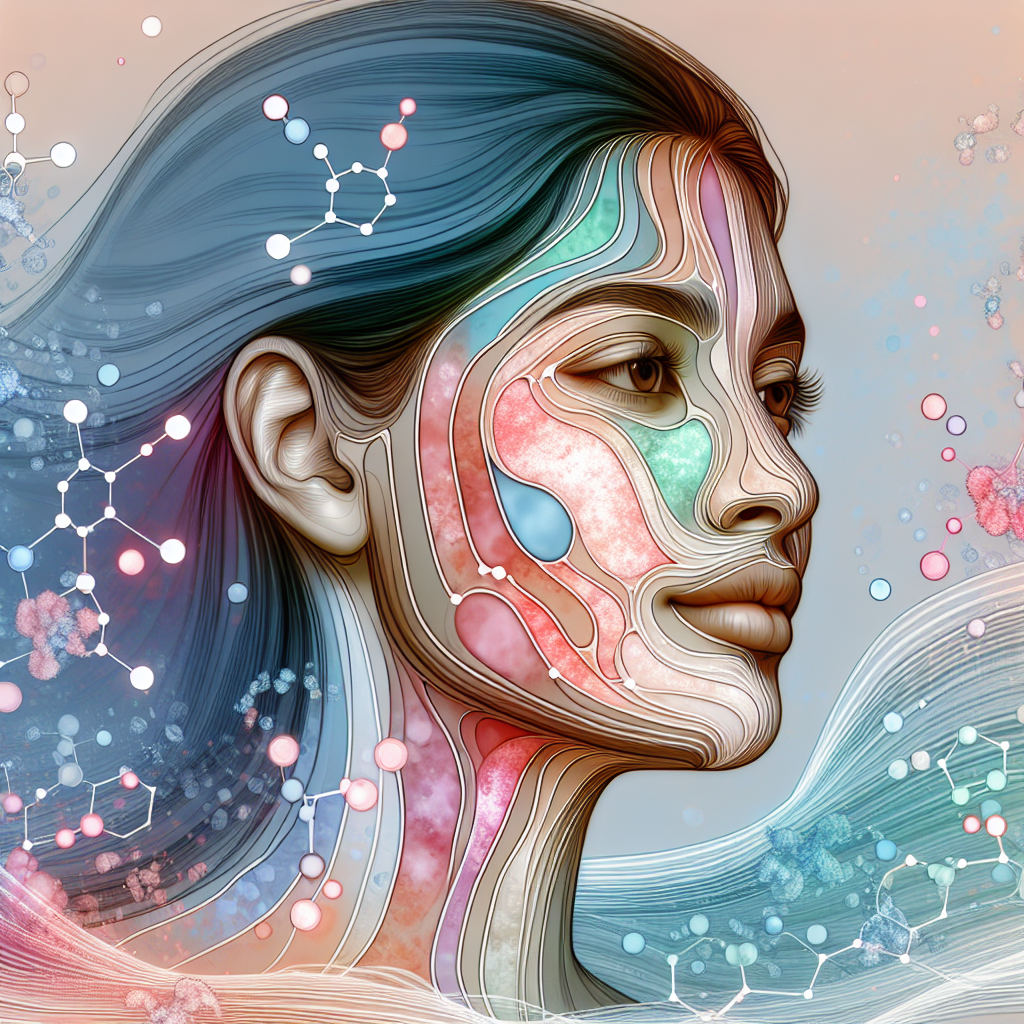Introduction to Skin and Hormones
Your skin, the largest organ of your body, is a direct reflection of your internal health, particularly your hormonal balance. Various changes in your skin’s appearance, texture, or overall health can often signal shifts in your hormonal levels. This article explores the crucial connections between your skin and hormones, helping you understand what your skin can tell you about your hormones.
Acne and Hormonal Fluctuations
One of the most common skin issues linked to hormonal changes is acne. Hormonal acne typically appears on the jawline, chin, and lower face. It often flares up during specific times in the hormonal cycle, such as during menstruation or in women with polycystic ovary syndrome (PCOS). This type of acne is primarily due to imbalances in androgens, the hormones responsible for stimulating oil production in the skin. Managing hormonal acne often involves treatments that balance hormone levels, such as certain types of birth control pills or anti-androgen drugs.
Dry Skin and Thyroid Health
Dry, flaky skin can sometimes be a symptom of hypothyroidism, a condition where the thyroid gland is underactive and produces less thyroid hormone. This hormone plays a key role in maintaining your metabolism, which also affects skin hydration. When thyroid hormone levels are low, skin may lose moisture, becoming dry and rough. It’s important to consult healthcare professionals if you suspect your dry skin is linked to thyroid issues, as effective treatment requires proper thyroid hormone management.
Skin Texture and Cortisol Levels
High levels of cortisol, the stress hormone, can also affect your skin’s quality and appearance. Chronic stress and consequently high cortisol levels can thin the skin, reduce its ability to regenerate, and slow down the production of collagen, leading to premature aging and wrinkles. Techniques to manage stress, such as mindfulness, yoga, or adequate sleep, can help maintain healthier skin by keeping cortisol levels balanced.
Skin Color Changes and Hormonal Disorders
Changes in skin color, such as darkening or pigmentation, can be linked to hormonal conditions such as Addison’s disease, which affects adrenal gland function. This condition can increase the production of adrenocorticotropic hormone (ACTH), leading to an overproduction of melanin, the pigment responsible for skin color. Areas commonly affected include folds of skin, back of the hands, knees, elbows, and scars.
Conclusion and Reflection
Your skin is a window to your body’s hormonal health. By paying attention to changes such as acne, dryness, texture alterations, or pigmentation, you can gain insights into your hormonal well-being. If you notice persistent changes in your skin, it’s advisable to consult with a dermatologist or endocrinologist who can provide guidance based on your specific symptoms. Understanding what your skin can tell you about your hormones is a proactive step towards maintaining both your dermatological and overall health.
In a world where our bodies are constantly communicating with us, it’s essential to listen carefully to what our skin is trying to say. By doing so, we not only enhance our appearance but also deepen our understanding of our internal health.


